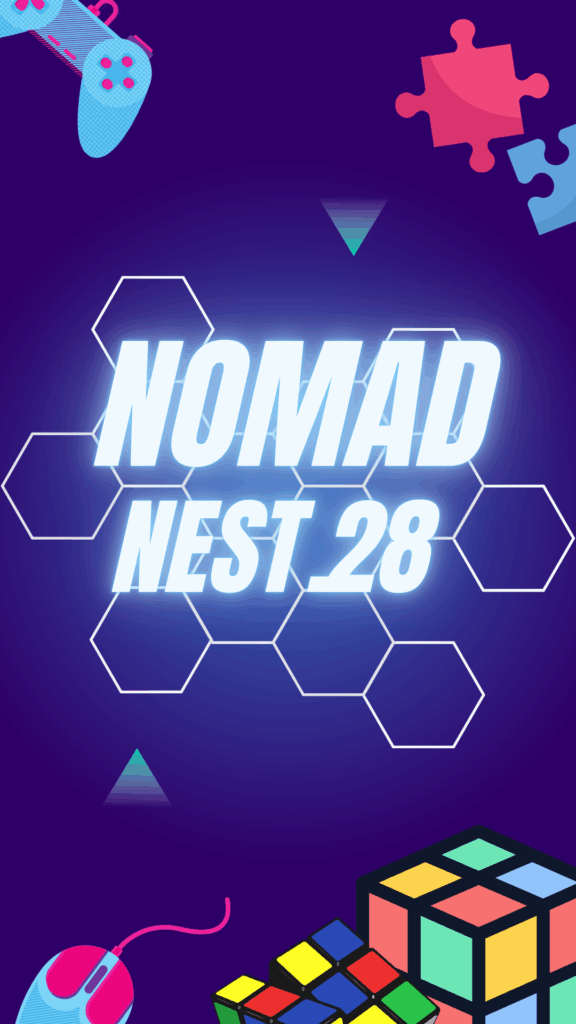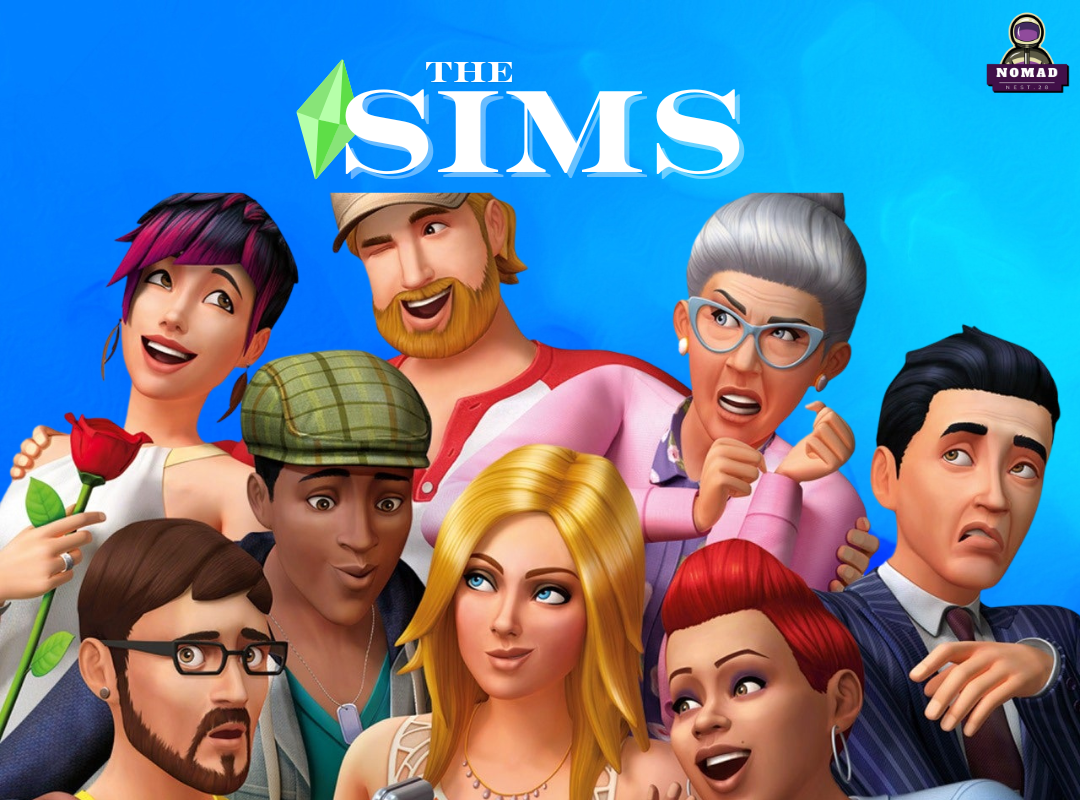
The History and Evolution of The Sims
Will Wright and Maxis developed the life simulation video game The Sims, which was subsequently released by Electronic Arts (EA). The year 2000 saw its initial release. Will Wright got the idea when he started to envision how people would rebuild their homes, lives, and routines after losing his own home to fire. One of the most significant simulation games ever created was made possible by this original inspiration.
The Origins of The Sims
The original game allowed players to control virtual people, known as Sims, and manage their everyday lives. Unlike most video games that rely on objectives or winning conditions, The Sims offered open-ended gameplay where players could freely create stories, build homes, and manage relationships.
The Main Generations of The Sims
Over the years, the franchise has evolved significantly, introducing new mechanics, graphics, and features:
- The Sims (2000)-The first release, introducing basic life simulation with needs, jobs, and relationships.
- The Sims 2 (2004)- Brought genetics, aging, and family legacy systems, allowing generational gameplay.
- The Sims 3 (2009)-Added an open-world environment, letting Sims travel seamlessly without loading screens.
- The Sims 4 (2014-present)-Introduced advanced emotions, improved graphics, and deeper customization through expansion packs and downloadable content.
- Each installment pushed the limits of simulation and creativity, solidifying The Sims as a cultural phenomenon in gaming.
Core Gameplay and Mechanics
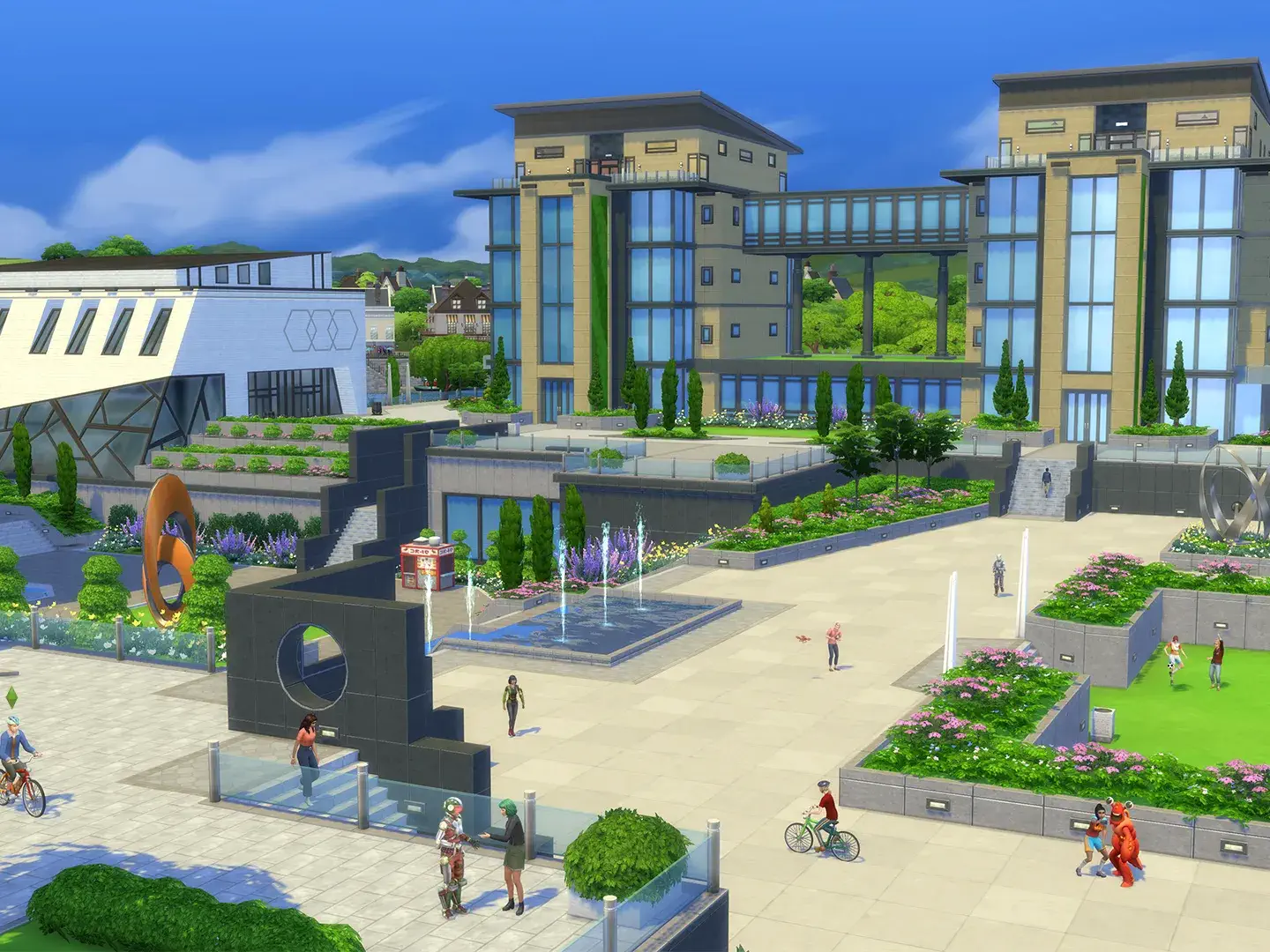
Creating Sims
The heart of the game begins with the Create-A-Sim (CAS) mode. Players can design Sims in detail, customizing their:
- Physical appearance (face, body shape, hairstyles, skin tones).
- Fashion styles (everyday, formal, athletic, sleepwear, party, swimwear, hot weather, cold weather).
- Personality traits (e.g., cheerful, ambitious, lazy, creative).
- Aspirations, which shape long-term goals (such as becoming wealthy, popular, or successful in a career).
- This freedom gives each player the chance to create realistic characters, celebrities, or even entirely fictional beings.
Managing Needs and Emotions
Sims have basic needs (often called “motives”) that must be met:
- Hunger
- Energy (sleep)
- Hygiene
- Fun
- Social interaction
- Bladder
In The Sims 4, emotions were added as a deeper layer, allowing Sims to feel happy, sad, angry, embarrassed, or inspired. Emotions affect how Sims perform in daily tasks, careers, and social interactions.
Everyday Life in The Sims
Players guide Sims through a simulated life, which may include:
- Careers: Sims can pursue jobs such as doctors, scientists, athletes, or even entertainers. Promotions depend on skills and performance.
- Skills: Cooking, painting, gardening, programming, music, and more enrich gameplay.
- Relationships: Sims can form friendships, fall in love, marry, and start families.
- Building and decorating: One of the most loved aspects is designing and furnishing homes, from tiny starter houses to luxurious mansions.
There are no fixed goals. The game’s appeal lies in storytelling, where players decide whether their Sims live happy, dramatic, chaotic, or even tragic lives.
Key Features That Make The Sims Unique
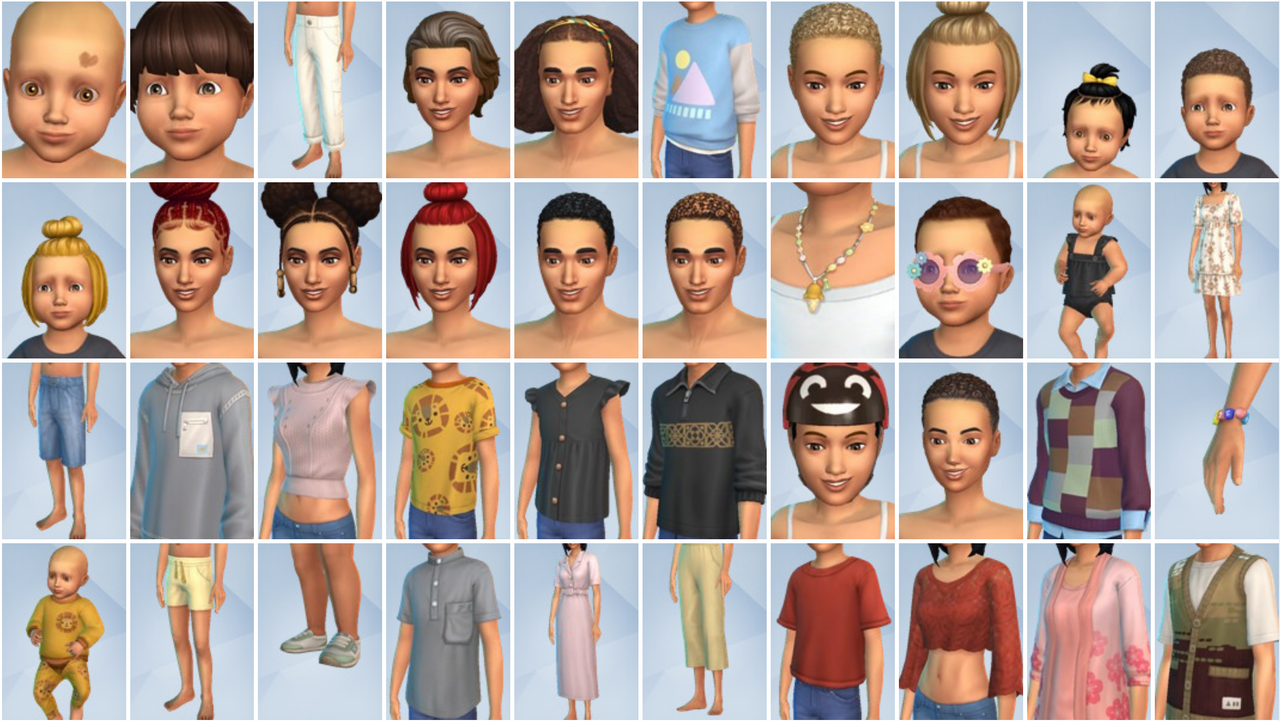
Creative Freedom
The Sims is often described as a digital sandbox. Players enjoy complete freedom to:
- Build dream homes using extensive architectural tools.
- Shape unique stories, from peaceful family life to wild drama.
- Experiment with lifestyles-career-focused, artistic, mischievous, or supernatural (with expansion packs).
Expansion Packs and Additional Content
One of the driving forces behind long-lasting popularity is the consistent release of expansion packs, game packs, and stuff packs. Some popular examples include:
- Get to Work -Play as a doctor, detective, or scientist with interactive career paths.
- Cats & Dogs-Introduces pets and a veterinary career.
- Seasons-Adds dynamic weather and holidays.
- University – Gives the chance to study and experience campus life.
These packs expand gameplay and allow players to tailor the experience according to their interests.
The Modding Community
Has a flourishing modding community outside of official content. Mods and custom content (CC), which can include anything from hairstyles and clothes to completely original gameplay systems, are made and shared by players. Mods increase the game’s longevity and personalize each player’s experience.
The Global Impact of The Sims
Worldwide Popularity
It is among the best-selling PC game franchises in history, having sold over 200 million copies worldwide since its debut. Because of its accessible, non-violent, and incredibly imaginative design, it appeals to families, casual players, and even non-traditional gaming audiences in addition to die-hard gamers.
Social Representation and Inclusivity
As the franchise evolved, representation became a key focus. Players can:
- Create with any gender identity or sexual orientation.
- Use diverse body types, skin tones, and cultural features.
- Explore inclusive family structures.
This inclusivity allows players to see themselves reflected in the game and experiment with different lifestyles.
Educational and Creative Uses
Beyond entertainment, is also used for education and creativity:
- Aspiring architects and interior designers practice building skills.
- Storytellers and filmmakers use to create machinima (animated films).
- Players learn about time management, problem-solving, and social dynamics.
Strengths and Weaknesses of The Sims
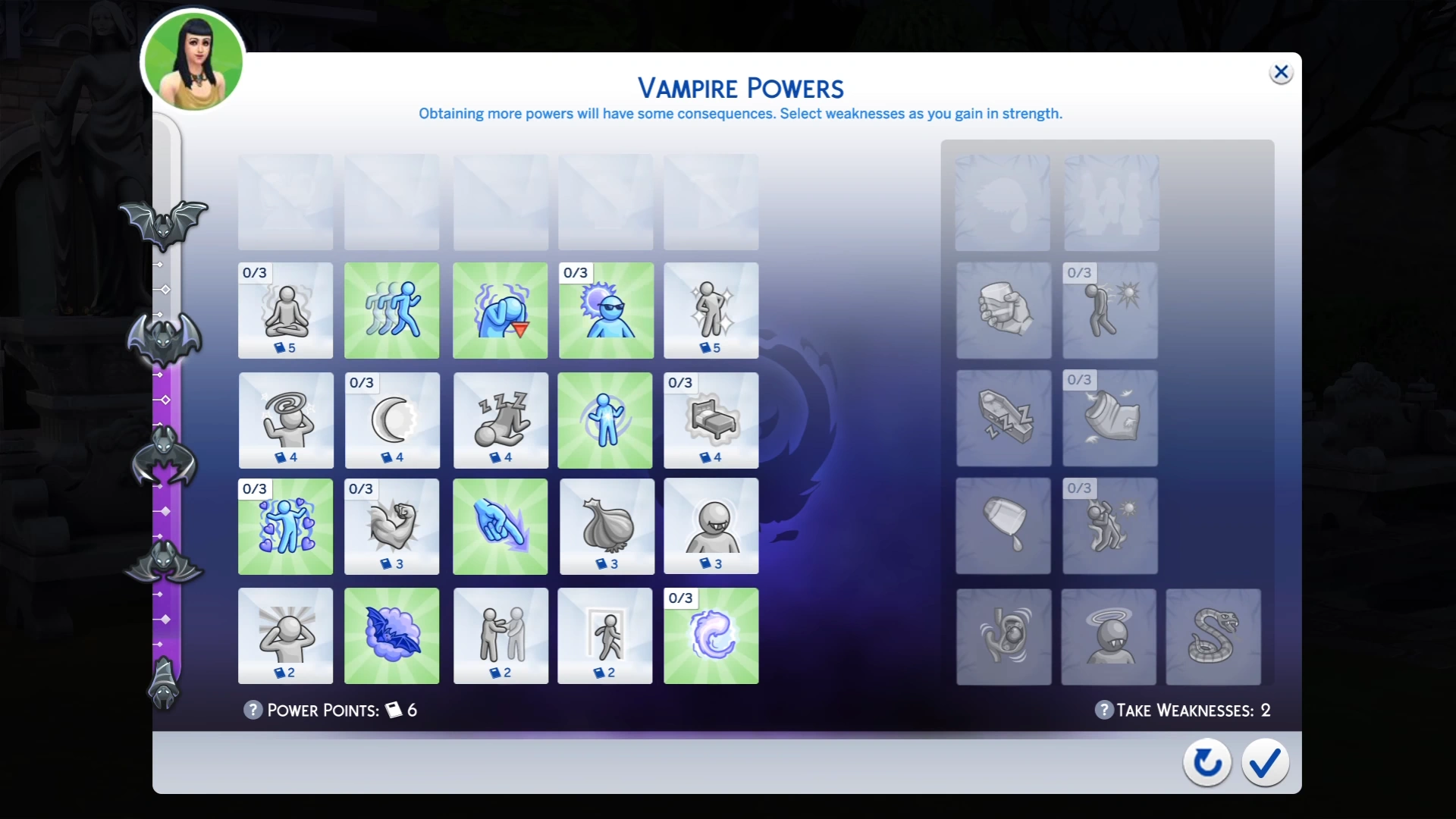
Strengths
- Open-ended gameplay with limitless storytelling potential.
- Extensive customization in characters and building design.
- Rich community offering mods and shared creations.
- Diverse expansion packs keep the game fresh.
Weaknesses
- High cost – Buying expansions and packs can be expensive.
- Reliance on DLC – The base game often feels limited without extra content.
- Technical issues – Bugs and glitches are common in complex simulations.
- Repetitive gameplay – Without creativity, some players find it monotonous over time.
The Future of The Sims
The Sims 5-Project Rene
EA and Maxis have confirmed development of 5, codenamed Project Rene. Early details suggest major innovations, including:
- Multiplayer functionality allows shared experiences with friends.
- Deeper customization, with the ability to fine-tune furniture patterns and colors.
- Cross-platform play, bridging PC and mobile gameplay.
Fans are anticipating a more sophisticated and realistic life simulation, even though no official release date has been set.
Conclusion
is a virtual playground of life, imagination, and creativity that goes beyond simply being a game. It has combined entertainment and artistic freedom to become a cultural icon since its initial release in 2000.
The franchise broadened its scope with every generation, introducing more intricate emotional systems, enhanced visuals, and limitless personalization. appeals to a broad audience because it gives players the freedom to create stories, try out different options, and live alternate lives.

